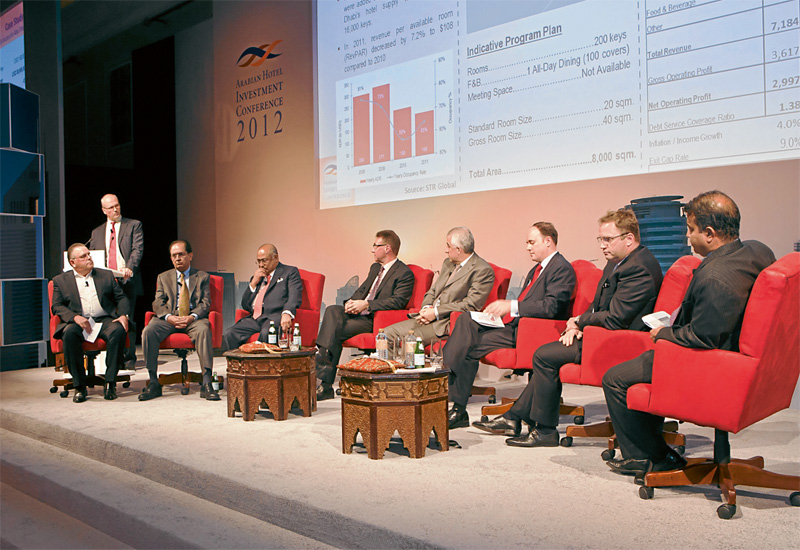The polarisation of the Middle East hotel markets is just one of the topics on the agenda of the ninth Arabian Hotel Investment Conference (AHIC), which will again attract major names from the investment, development, consultancy and management sectors.
With a conservative estimate of 150 new hotels opening in the GCC alone in 2013 and some 500 in the pipeline according to STR Global figures, the region continues to attract investor interest as well as an ever growing band of international operators keen to grab a share of the lucrative market.
And, with relentless expansion by the big three airlines of the Arabian Gulf and new airport infrastructure open or under development in Abu Dhabi, Doha, Dubai and Muscat, new air routes are expanding source markets to feed traffic through these new hubs.

| Advertisement |
Add in the under-served hotel sector in Saudi Arabia, which is exciting interest across the entire gamut of the hospitality sector, Qatar’s sporty ambitions and the potential for exotic resort options in Oman and elsewhere, and the scene is set for an absorbing AHIC this May – with more than 550 top industry executives attending.
According to Jonathan Worsley, chairman of organiser Bench Events, one significant trend has been the rise in delegate numbers from Europe, as well as from the Gulf region itself: “During the past year, AHIC launched invitation-only briefings in Oman, Saudi Arabia and Qatar – bringing together investors and industry leaders to share insights into issues and opportunities in local markets,” he said.
“This has helped us to shape the content of the AHIC programme and it has been a valuable opportunity for us to engage directly with local players – and through these briefings, we saw an increase in attendance from these countries.”
In response to advice from the AHIC Advisory Board, Worsley said this year there was more focus on global travel trends, with input from the WTTC executive director Geoffrey Breeze and the UNWTO regional director for the Middle East, Amr Abdel Ghaffar.
“In addition, a big theme developed by the Advisory Board was ‘operating in the new normal’, so AHIC looks at country risk in the region and how to build this into a business plan, with a presentation by Rachel Ziemba, head of emerging markets at Roubini Global Economics, plus case studies from Libya, Iraq, Syria and Africa.
“Sessions also dive in to Oman and Qatar as rapidly developing markets, while the programme looks to Europe too as Middle East capital in 2013 has been the primary driver of hotel investment activity, particularly in the European capital markets,” said Worsley.
Other key topics include the active Saudi Arabian market, plus the contribution of F&B operations to the bottom line, moderated by Stefan Breg from Tribe, who will focus on the pros and cons of outsourcing, own concepts, third-party leasing and celebrity chefs.
“Although in this region, F&B is not only a key source of net profit, it is also a key strategic driver in the success of the hotel, but many organisations struggle with who decides and who drives these decisions,” said Breg.
“Some hotels have celebrity chefs or brands in a franchise format and have had mixed levels of success – and often this has little to do with the level of return and more to do with cache and image – while non-hotel concepts have taken market share, particularly in Dubai,” he observed.
Article continues on next page ...









 Search our database of more than 2,700 industry companies
Search our database of more than 2,700 industry companies









